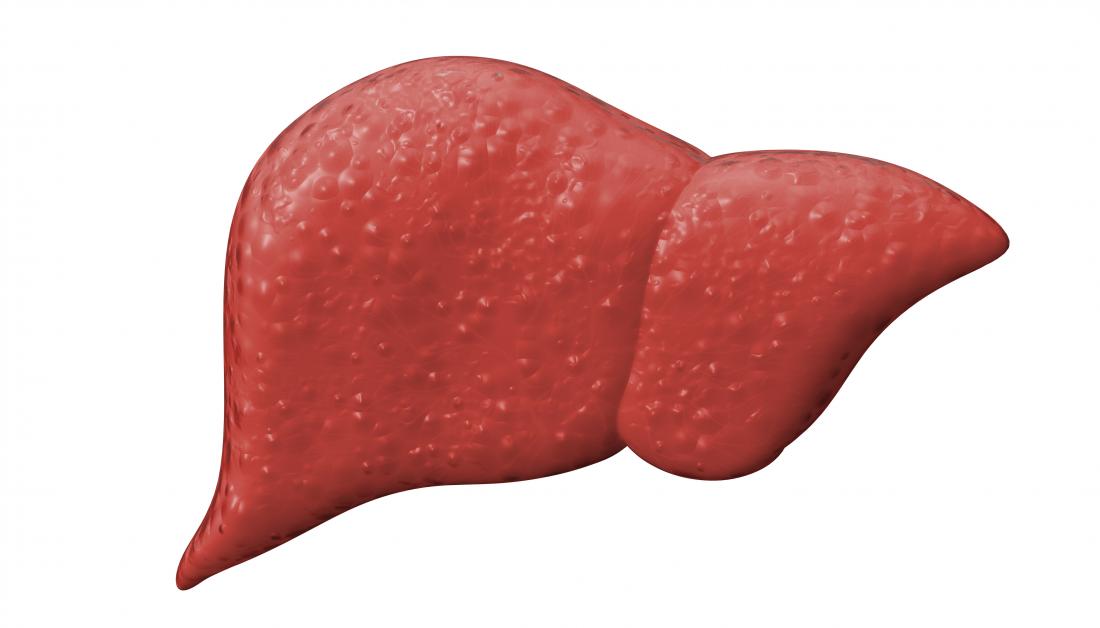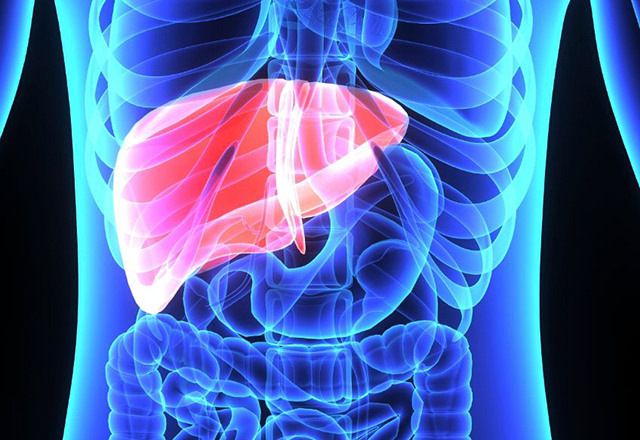— Helped diabetics cut down on daily insulin dose, body weight
By Kristen Monaco
SEATTLE — Even for new kidney transplant recipients with diabetes, GLP-1 receptor agonists (RAs) were safe and effective, a researcher reported here.
In a retrospective study, kidney transplant patients who were on insulin with or without other oral antidiabetic medications when they started a GLP-1 RA were able to significantly cut back on their total daily insulin dose requirements, said Mario Campana, MD, of the University of Alabama at Birmingham.
Read more in Medpage Today.







